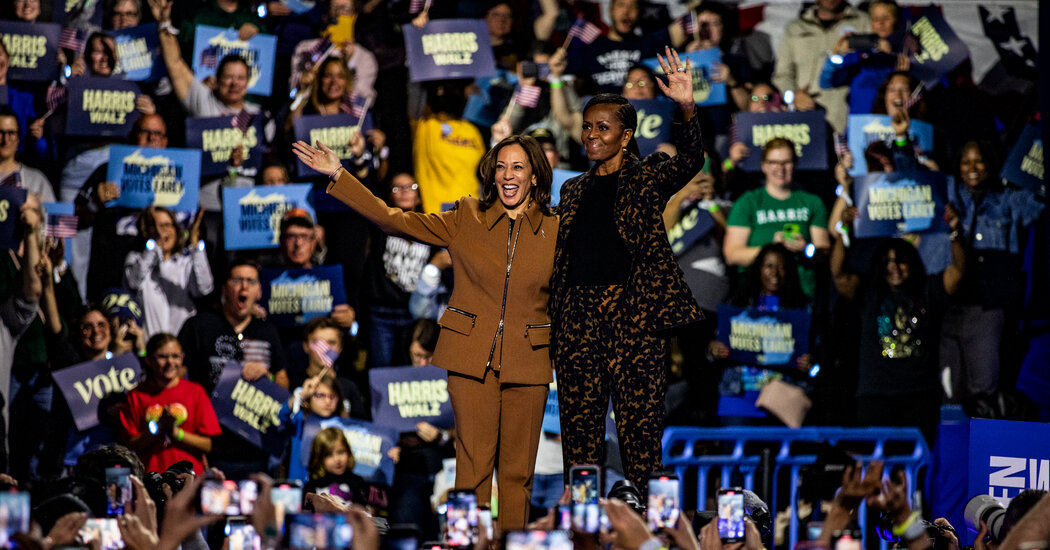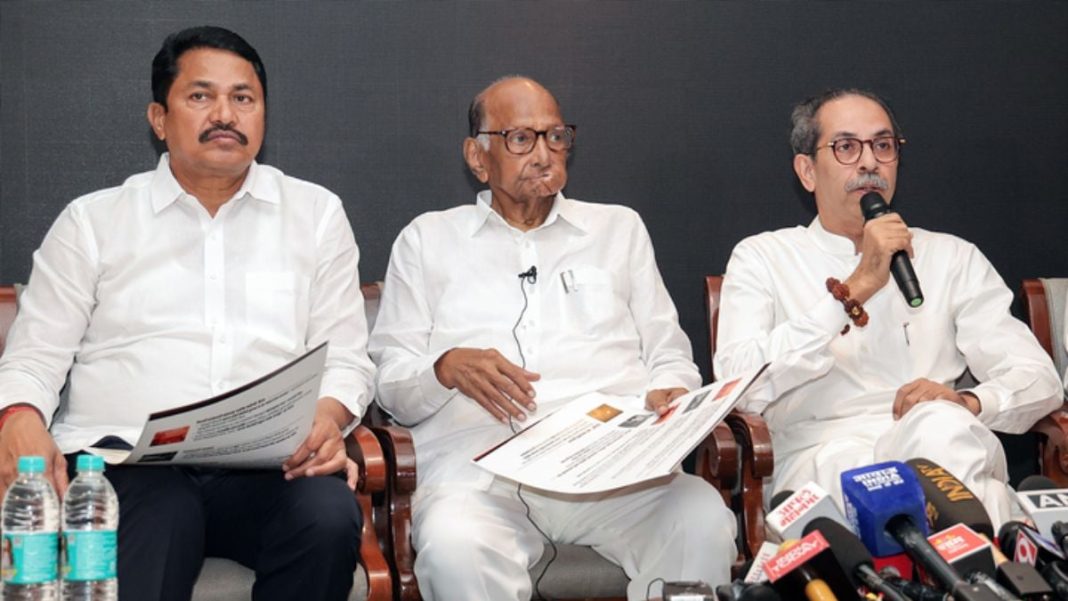Trump Courts Vaping Industry in Closed-Door Meeting at Mar-a-Lago
In a surprising twist on the campaign trail, former President Donald J. Trump took a break from his busy schedule to host a closed-door meeting at his Mar-a-Lago estate with representatives from the vaping industry. This late September gathering included notable figures such as Trump’s 2016 campaign manager, Kellyanne Conway, and aide Michael Rubino, who presented mock-up mailers aimed at rallying support for the vaping sector ahead of the upcoming election.
During the meeting, industry officials expressed their gratitude to Trump, claiming he had “saved” the vaping industry in the past. They discussed potential regulatory changes and sought his input on how to address complex issues surrounding vaping on social media. Within hours of the meeting, Trump took to social media to reaffirm his commitment to the vaping industry, declaring, “I saved Flavored Vaping in 2019. I’ll save Vaping again!”
Tony Abboud, head of the Vapor Technology Association, was quick to praise Trump’s ongoing support, stating he was “pleased” that the former president was “continuing to fight for vapers.” While the vaping industry has not been a major player in the presidential race, the Vapor Technology Association has been quietly campaigning in battleground states, warning voters that Democrats aim to “steal vapes from freedom-loving Americans.”
As Trump seeks a return to the White House, his approach to fundraising has evolved significantly since his 2016 campaign, where he famously claimed he didn’t need anyone’s money. Now, he is actively courting donations from various industries, including those he previously criticized. This shift has raised eyebrows, with some observers noting that Trump appears to be making explicit promises to individual industries in exchange for financial support.
For instance, Trump has recently reversed his stance on cryptocurrencies. Once labeling them as a potential “scam,” he is now positioning himself as a champion for the crypto community, promising to make America “the crypto capital of the planet.” His campaign has reportedly received over $8.2 million in cryptocurrency donations this year alone, highlighting the significant financial backing he has garnered from this sector.
The former president’s fundraising efforts extend beyond vaping and crypto. He has also been courting the oil and gas industries, hosting meetings with executives at Mar-a-Lago and even suggesting that they should contribute $1 billion to his campaign, promising that their interests would be well-served under his administration. This transactional approach has led some critics to label him as the “first transactional president,” suggesting he is willing to sell policy positions for campaign contributions.
In addition to these industries, Trump has also engaged with the tobacco sector, receiving substantial contributions from Reynolds American, which is lobbying against a proposed menthol cigarette ban. Interestingly, despite his long-standing opposition to smoking, Trump has been lobbied to support marijuana legalization measures in Florida, showcasing his willingness to adapt his positions based on political expediency.
As the campaign heats up, Trump’s alliances with influential figures like Elon Musk and billionaire investors are becoming increasingly apparent. Musk has pledged significant financial support for Trump’s campaign, while Trump has reciprocated by promising to appoint Musk to oversee a government audit if elected.
In this evolving political landscape, Trump’s strategy of courting various industries and making overt promises in exchange for financial backing raises questions about the implications for policy-making and governance. As the election approaches, it remains to be seen how these alliances will shape the political discourse and influence voter sentiment.
With a blend of charm and controversy, Trump continues to navigate the complex world of campaign finance, leaving many to wonder just how far he is willing to go to reclaim the presidency.



